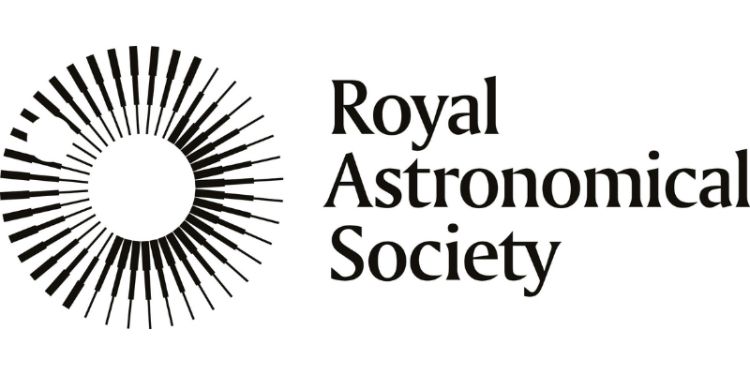Professor Chris Davies wins 2024 Price Medal

The Royal Astronomical Society awarded Professor Davies the Price Medal for his work to further the understanding of the thermochemical evolution of the Earth.
Professor Chris Davies, Professor of Theoretical Geophysics at the School of Earth and Environment was awarded the Price Medal by the Royal Astronomical Society for a series of investigations modelling the fluid dynamics and material properties of the Earth’s core.
Each year the Royal Astronomical Society recognises achievements in the fields of astronomy and geophysics through awards, medals and prizes.
About Professor Davies, the Royal Astronomical Society said: “His skill at assimilating and enhancing information across the domains of paleomagnetism, mineral physics and geodynamics has led to some significant advances on the energetics and thermal evolution of the Earth’s core.”
Properties of the Earth’s core
Through a series of papers, Professor Davies studied the transport properties of the Earth’s core.
He redefined the electrical and thermal conductivity of the Earth’s outer core, leading to profound consequences for our understanding of the thermal history of the Earth, how the liquid core convects and how the magnetic field is maintained.
He discovered that the Earth’s solid inner core is younger than previously thought and that a basal magma ocean likely played a key role on early Earth and possibly other planets.
Professor Davies continues to develop new numerical models to investigate the consequences of stratification for convection in the core.
This award reflects a team effort
Reflecting on the award, Professor Davies says: "It is a great honour to receive the Royal Astronomical Society's Price Medal. This award reflects a team effort and I feel privileged to collaborate with the many talented individuals who have contributed to the work that the RAS has recognised.
“I am also indebted to the many colleagues at Leeds, including those in Earth Science and the Leeds Institute for Fluid Dynamics, and my mentors Dave Gubbins, Cathy Constable and Jon Mound, for providing support and inspiration over the last decade and more.
“I hope that our work linking properties and processes in the deep Earth to long-term variations of the geomagnetic field can aid future efforts to better understand the evolution of Earth and other planets.”




